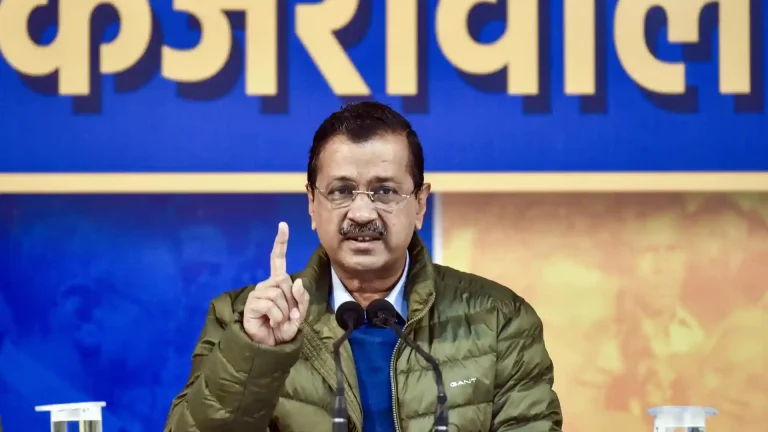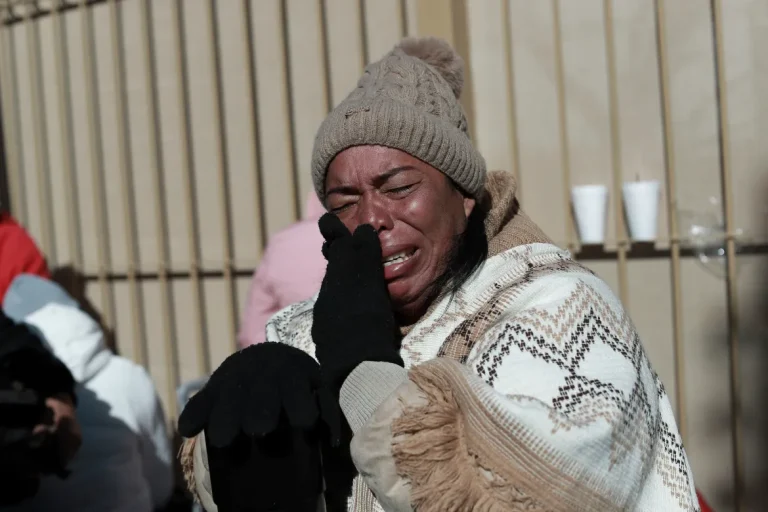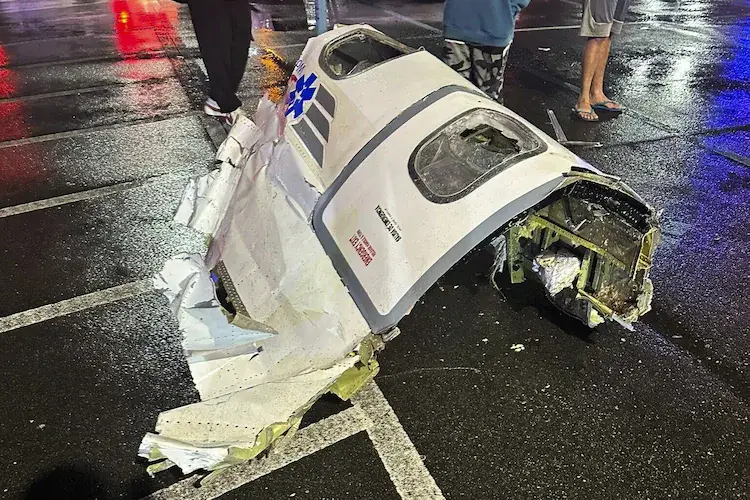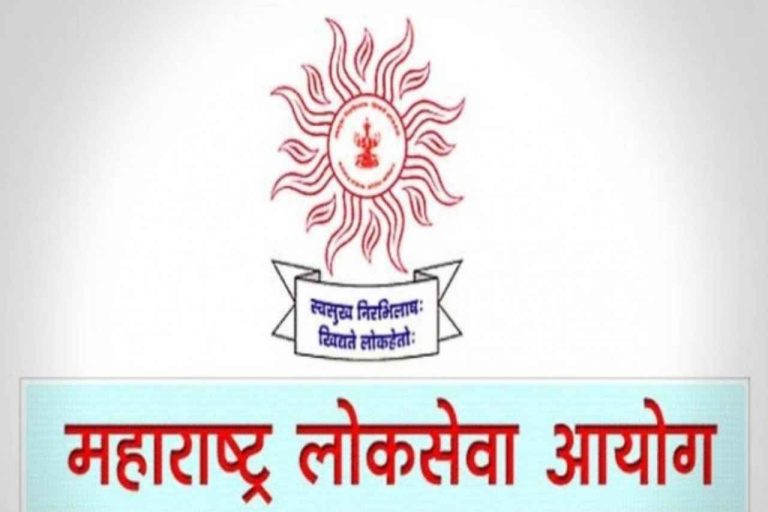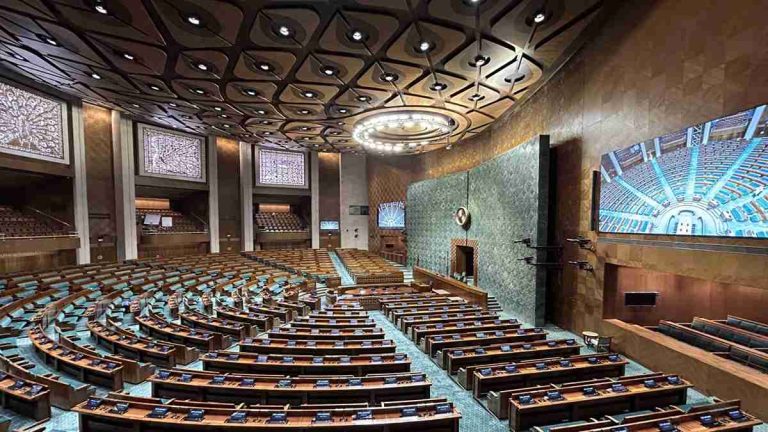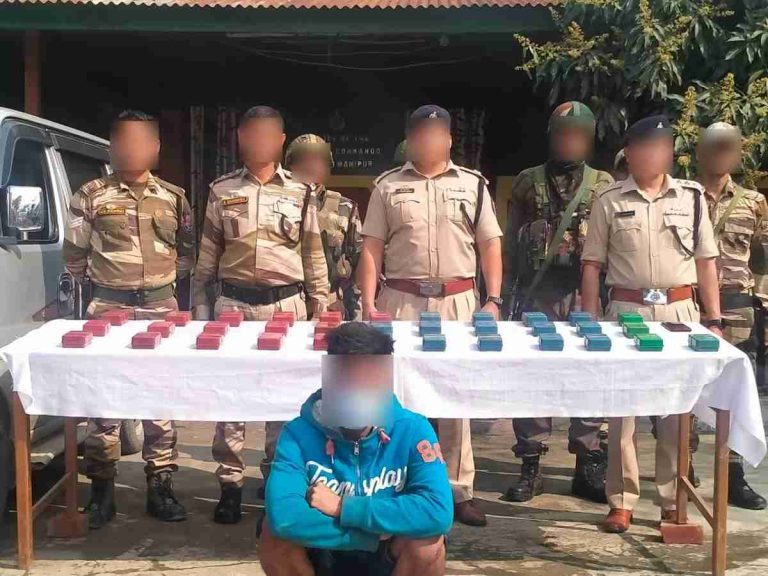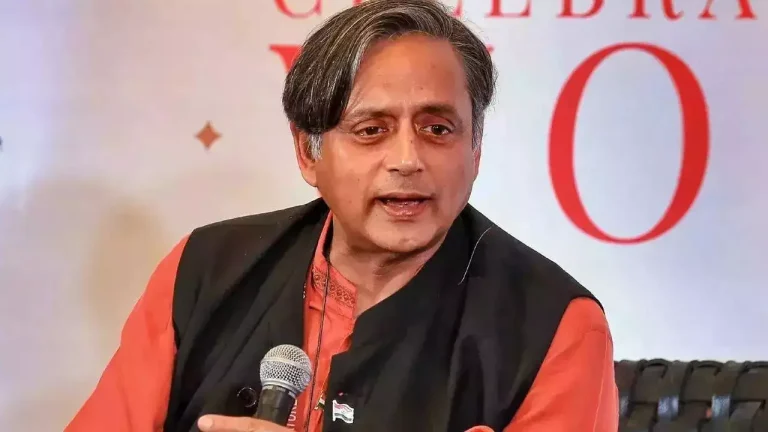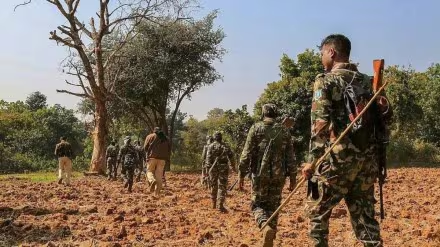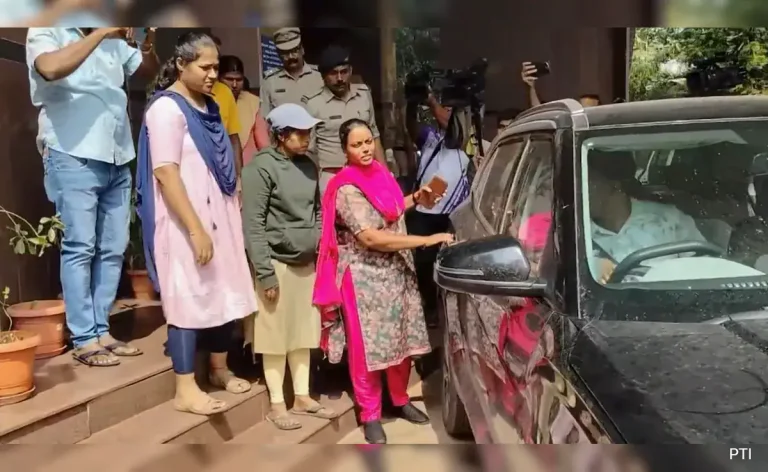New Delhi: As the countdown to the Delhi Assembly elections intensifies, Aam Aadmi Party (AAP) Chief Arvind Kejriwal has launched a fierce attack on the Bharatiya Janata Party (BJP), accusing them of employing BJP hooliganism and intimidation to target AAP workers. In a press conference held on February 2, 2025, Kejriwal claimed that BJP supporters are resorting to violence and harassment against AAP members, particularly in the lead-up to the elections scheduled for February 5. He warned that this BJP hooliganism and intimidation could tarnish the integrity of the democratic process in Delhi.
Kejriwal specifically targeted Union Home Minister Amit Shah, alleging that he is complicit in fostering an environment of fear and aggression. “The BJP’s seats are going down as the days pass, and AAP is heading towards a historic victory. So, the entire BJP is rattled,” he stated. He urged citizens of Delhi to unite against what he termed “goondaism,” emphasizing that such tactics are unprecedented in Delhi’s electoral history and should be seen as part of the broader BJP hooliganism and intimidation campaign.
The AAP leader’s accusations were bolstered by reports of incidents where individuals allegedly affiliated with the BJP assaulted AAP workers. In one notable incident, a video surfaced showing members of the Valmiki Samaj and Dalit Mahapanchayat vandalizing an AAP campaign vehicle, tearing down posters and damaging property. Kejriwal asserted that the Delhi Police, which operates under the Ministry of Home Affairs led by Shah, has been instructed not to intervene in these attacks, allowing BJP hooliganism and intimidation to thrive unchecked.
In response to Kejriwal’s allegations, Delhi’s Chief Electoral Officer dismissed claims of intimidation as unfounded. The Deputy Commissioner of Police for New Delhi stated that no formal complaints had been filed regarding the alleged incidents, suggesting that Kejriwal should lodge a complaint if he wishes for action to be taken.
The BJP has countered Kejriwal’s accusations by labeling them as fabrications aimed at distracting voters from their governance failures. Delhi BJP chief Virendra Sachdeva remarked that the AAP thrives on “lies, confusion, and negative politics,” asserting that the party has lost touch with the electorate. He expressed confidence that voters are now united in their desire for a BJP-led government.
Adding to the political drama, AAP recently faced a setback when eight of its MLAs resigned from the party and joined the BJP just days before the elections. These defections have raised questions about AAP’s internal cohesion and its ability to maintain voter support amidst allegations of corruption and governance issues.
As both parties ramp up their campaigns, with AAP emphasizing its achievements in governance and the BJP focusing on hooliganism and intimidation along with alleged corruption within AAP ranks, the political atmosphere in Delhi remains charged. The upcoming elections are poised to be a crucial test for both parties, with results expected on February 8.
With tensions running high and accusations flying between rivals, this election cycle is shaping up to be one of the most contentious in recent memory for Delhi politics. As voters prepare to head to the polls, all eyes will be on how these allegations impact public sentiment and electoral outcomes.

